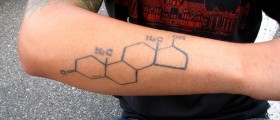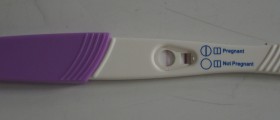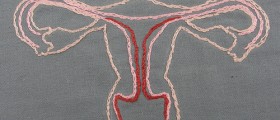
Infertility research has proven that many women in their 30's and sometimes younger, will not ovulate during their menstrual cycle. When a woman does not ovulate, no estrogen is secreted and no progesterone is manufactured, which directly interferes with fertility. A deficiency in estrogen and progesterone causes the female body to be out of sync and without treatment, the condition can lead to recurrent miscarriages or the woman may experience an inability to conceive a baby. Female hormone imbalances develop for many different reasons and present with a diverse array of symptoms. Estrogen is important because it stimulates the endometrial lining of the uterus to prepare for a fertilized egg to implant; the hormone also helps stimulate a sudden release of luteinizing hormone which indicates ovulation.
Without sufficient or low levels of estrogen and progesterone, a woman may not ovulate regularly and may be at an increased risk of miscarrying if she were to become pregnant. When trying to conceive a baby, the problem could lie with the man or the woman, but until testing has been done, the reasons will remain a mystery. If a woman has low levels of progesterone and estrogen, she may experience a shortening of the menstrual cycle, hot flashes, depression, insomnia, and other symptoms which indicate a deficiency in hormones. Only when a woman is checked by a gynecologist or fertility specialist can precise testing be performed in order to determine which hormones are deficient and figure out how to address the situation. Even if there is a hormonal imbalance or insufficiency, it is no reason for a woman to give up hope of one day being able to become pregnant and have a baby of her own.

















Your thoughts on this
Loading...